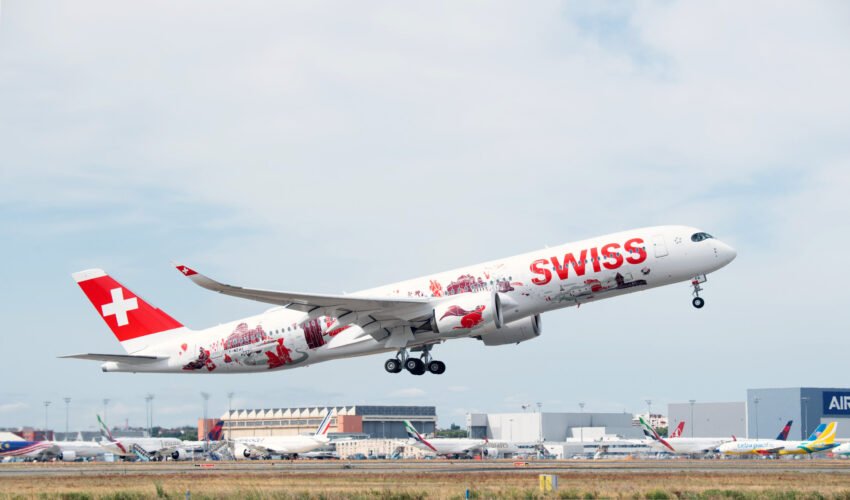
The UK was the first country to strike a trade agreement with the US to avoid President Donald Trump’s “Liberation Day” tariffs, the high import taxes on all trading partners he unveiled in April.
Although the US kept the new baseline levy on UK imports at 10%, some carve-outs were agreed for British cars, plane parts, steel and aluminum, and agricultural goods such as beef.
When the deal — or, rather, the framework for a fully fledged deal — was unveiled in May, British Prime Minister Keir Starmer was asked whether it was an improvement on the trading relationship of six months prior, before Trump took office. He replied: “The question you should be asking is: Is it better than where we were yesterday?”
Viewed that way, it was an improvement.
But the new agreement hasn’t come into force yet and it’s unclear when it will.
For now, UK steel and aluminum are still subject to steep 25% tariffs, imposed by Trump earlier this year. The levies have delivered a further blow to the beleaguered British steel industry and, according to consultancy Capital Economics, threaten the regional economies of Wales, Yorkshire and Humberside, where most steel jobs are located.
Another victim of the trade agreement with Trump has been Britain’s production of bioethanol, a type of ethanol — a fuel and a solvent — made from renewable resources, such as plants.
Last month, Associated British Foods announced the closure of the UK’s largest bioethanol plant, citing mainly the government’s decision to effectively remove tariffs on US bioethanol as part of the May deal.
The deal will also shutter another bioethanol plant, which accounts for nearly the rest of Britain’s production capacity, its owner warned shortly after the agreement was unveiled.








